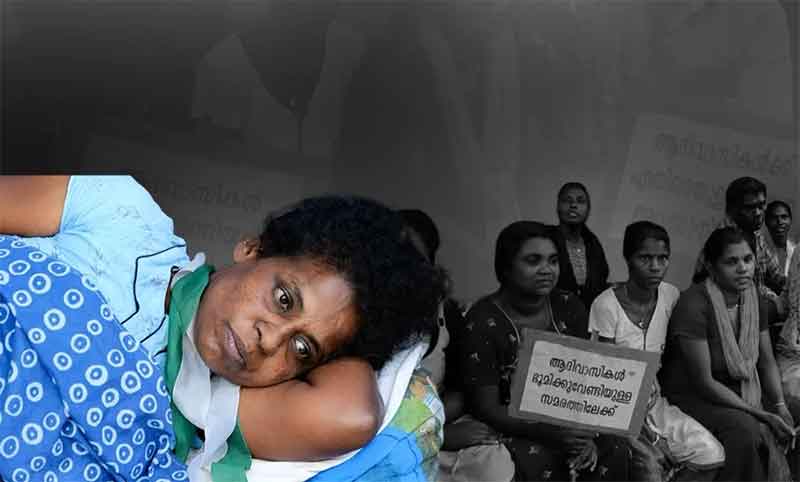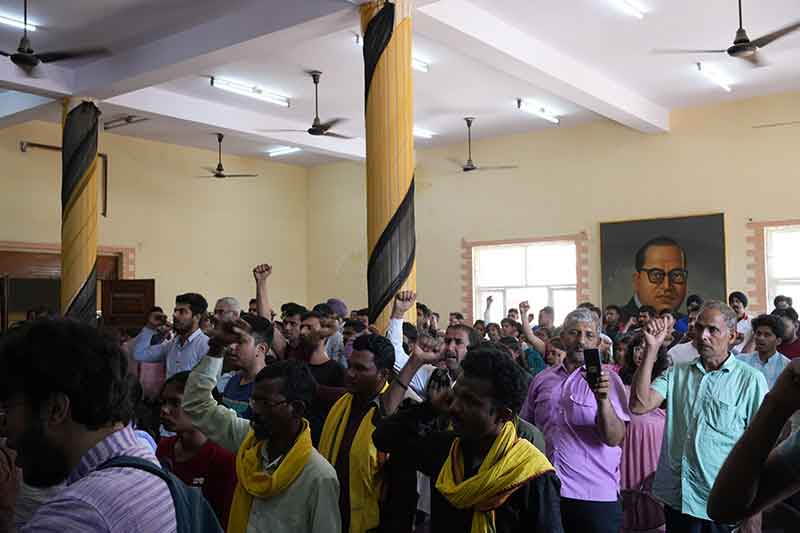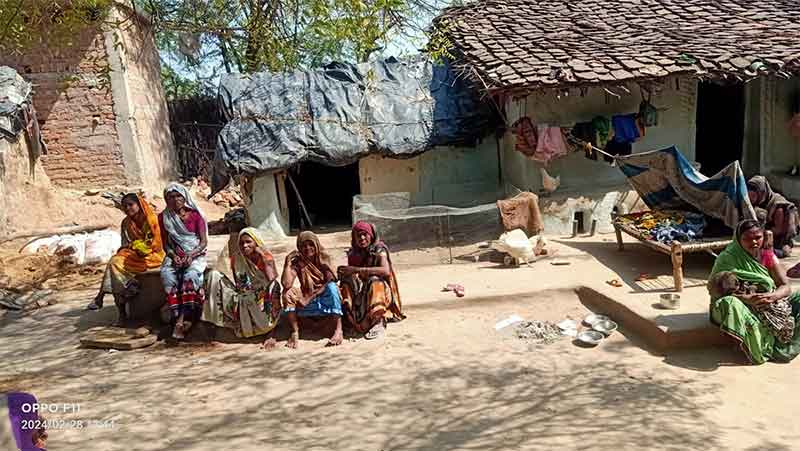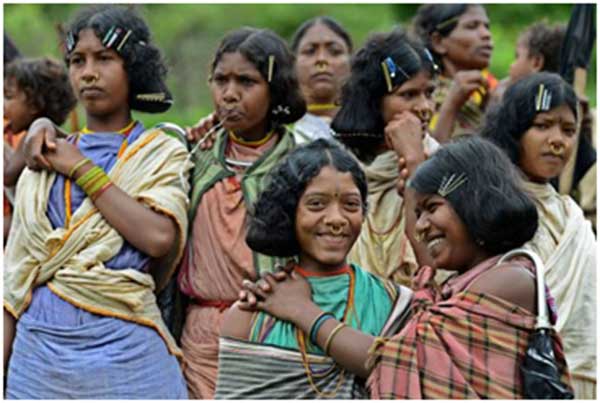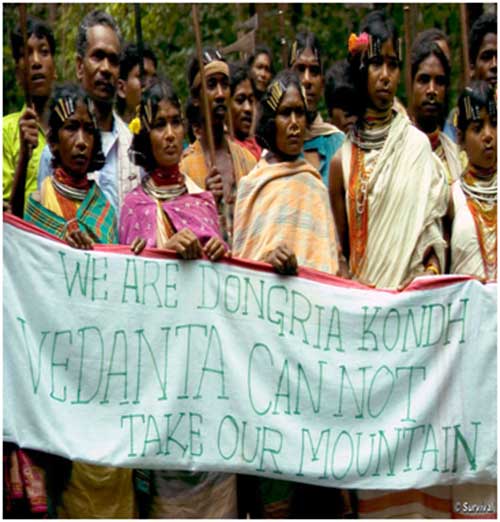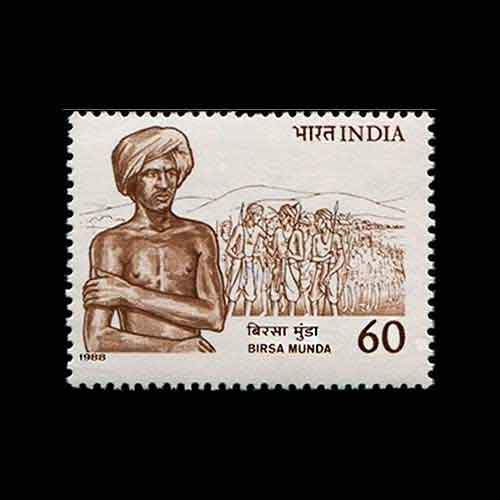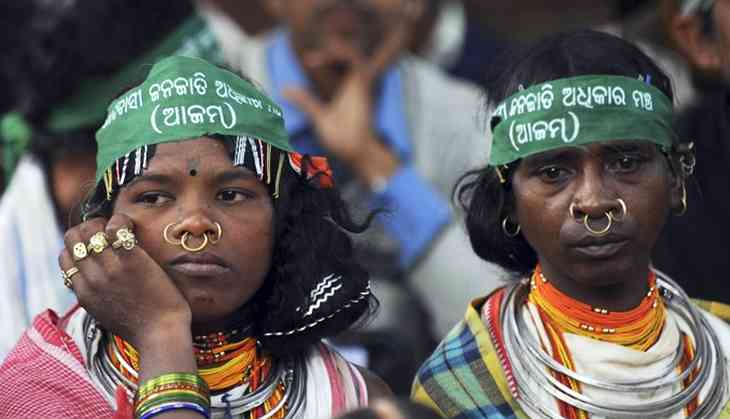
Letter to the Prime Minister on the occasion of the Janjatiya Gaurav Divas (national Tribal Day) on November 15, 2021
To
Shri Narendra D Modi
Prime Minister
Dear Shri Modi,
Janjatiya Gaurav Divas on November 15, 2021
The Centre and the States should “walk the talk”!
I understand (https://indianexpress.com/article/india/pm-modi-to-lead-first-tribal-day-celebrations-7620370/) that you will be leading the first-ever Janjatiya Gaurav Divas on November 15 this year, as a part of the Azadi Ka Amrit Mahotsav. I am sure that the adivasis who constitute more more than 8% of India’s population will welcome it, eagerly hoping that the the Centre and the States will hereafter fully respect the rights to which they are entitled under the Fifth and the Sixth Schedules to the Constitution.
Para 5 of the Fifth Schedule, which the framers of the Constitution had consciously introduced after very elaborate and highly enlightened deliberations, is a unique provision that enables the Centre and the States to review every law applicable to the Scheduled Areas and adapt the same to bring them in harmony with the adivasis’ interests. Though more than seven decades have elapsed since the Constituent Assembly had adopted that special provision, neither the Centre nor the States have cared to review and adapt the laws that critically affect the adivasis’ lives, such as the ones that relate to the criminal and the civil justice systems, the laws concerning mining activity, the forest laws, the laws that protect the adivasis’ presumptive rights to land and other resources, and so on.
For example, neither the national forest policy nor the amendments proposed by your government recently to the Forest (Conservation) Act, make a mention of the adivasis, leave alone make an attempt find out what suits them, even though the adivasis’ lives are symbiotically linked to the forests on which they critically depend.
There are two Central laws, namely, the Panchayats (Extension to the Scheduled Areas) Act, 1986 (known briefly as PESA) and the Scheduled Tribes And Other Traditional Forest Dwellers (Recognition Of Forest Rights) Act, 2006 (known briefly as the “Forest Rights Act (FRA)”), which empower the local adivasi Gram Sabhas to have a final say in decision making on programmes, projects and activities that affect their lives. The apex court of India has reiterated this position in no unclear terms in the two landmark judgements delivered by it, one on July 11, 1997 in the well known Samatha case relating to mineral development in the Scheduled Area of Visakhapatnam district of Andhra Pradesh and, the second one on April 18, 2013 on the mining lease granted by the Odisha government to the Vedanta company in Kalahandi/Raigada districts of the State. In both these cases, the concerned State governments had tried to take unilateral decisions, ignoring the local adivasi Gram Sabhas, which the apex court found to be unacceptable.
A more recent instance of outright violation of both the PESA and the FRA has been in the case of the Centre’s one-sided decision to auction a large number of mineral and coal blocks located in the Scheduled Areas of Chattisgarh, Jharkhand, Odisha and so on. At no time prior to the auctions, the Centre and the States had allowed the local Gram Sabhas to discuss the proposal in detail and express their views, though the mining activity arising from the same would disrupt their habitat and their lives in an irreversible manner. In fact, when the Centre had earlier introduced several far-reaching amendments to the mineral development laws to accommodate auctions, it ought to have sought in advance the views of the adivasis, which it never attempted even once!
In line with the spirit underlying Para 5 of the Fifth Schedule, before proposing to amend the forest and the mineral development laws, the Centre and the States ought to have consulted the adivasi Gram Sabhas, the elected adivasi legislators and the adivasi associations, in order to ensure that that the proposed enactments uphold the adivasi interests. Instead, the Centre had chosen to proceed unilaterally!
The National Commission for the Scheduled Tribes (NCST) is a preeminent institution created under Article 338A of the Constitution to advise the government on all policy matters relevant to the Scheduled Tribes and protect their interests.In accordance with Clause (9) of that Article, the Union and every State Government shall “consult the Commission on all major policy matters affecting Scheduled Tribes”. While introducing the statutory amendments referred above, to the best of my knowledge, no such elaborate prior consultation with the NCST had ever taken place.
As a part of the Janjatiya Gaurav Divas celebrations, I understand that you will be launching the Birsa Munda Freedom Fighter Museum at Ranchi in memory of the great adivasi leader who had fought for the rights of his community more than a century ago. The adivasi movements such as the one in Chotanagpur led by Birsa Munda, the revolt in erstwhile Adilabad district of Telangana led by Komaram Bheem eight decades ago and the Santhal revolt led by the Murmu community more than a century go were all in pursuit of the legitimate rights of the adivasis, which were trampled upon by the erstwhile ruling elite during those times. To respect their memory, there cannot be any more appropriate way than to understand the circumstances that compelled the adivasis to rebel during those days and ensure that the present day democratically elected governments to respect the adivasi communities and their rights so that they may not repeat those mistakes.
I hope and trust that the Janjatiya Gaurav Divas will mark the beginning of full-scale recognition of the rights of the adivasis in the country and that the Centre and the States together will resolve to enforce both PESA and FRA in toto, without fail, in taking decisions on policies, projects and programmes that affect the adivasi lives. Both the Centre and the States, I hope, will also resolve to review all the important laws in the country that affect the adivasis’ lives and adapt them to suit the interests of the adivasis, in so far as they are applicable to the Scheduled Areas. The Centre and the States should recognise the adivasis as equal partners in nation building.
I am sure that you will give a lead in making the Janjatiya Gaurav Divas a reminder to all elected governments in the country to realise and fulfill their Constitutional obligations to the adivasis. Failing to accord due recognition to the Constitutional rights of the adivasis will not augur well for the future well being of the nation as a whole.
Regards,
Yours sincerely,
E A S Sarma
Former Commissioner for Tribal Welfare in erstwhile united AP
&
Former Secretary to Government of India

